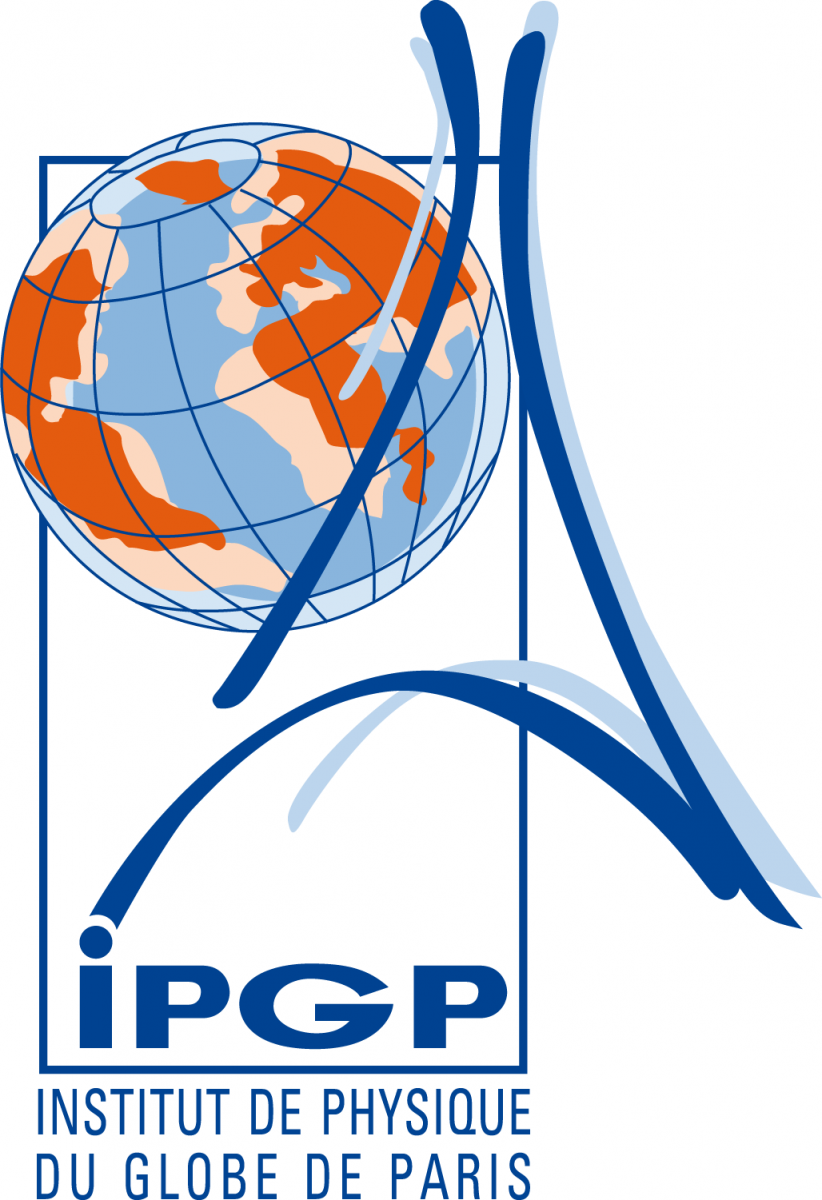Website: http://www.sgmeet.com/osm2012/session_categories.asp
Sessions of interest:
--------------------------------------------------------------------------
Session: Deep-Sea Conservation Imperatives in the 21st Century
The deep waters and seabed of the world ocean constitute the largest biosphere on this planet, supporting a wealth of species and habitat diversity, performing key ecosystem functions and providing valuable food and energy resources. Once considered pristine, the deep sea (from 200-11,000 m) is under increasing pressure from potentially destructive extraction activities such as fishing, oil and gas exploitation and minerals mining, as well as waste and contaminant disposal, bioprospecting, and scientific research. CO2-driven climate change is also altering deep-sea species distributions and ecosystem processes with attendant effects on services and functions. In addressing these issues, EEZs and international waters face different regulatory landscapes. We invite talks that address conservation issues in pelagic and benthic realms of the slope, abyss and trenches. Topics of interest include but are not limited to human and climate-change impacts in the deep-sea, current conservation science issues and needs, marine policy instruments, management options, and global challenges. Presentations are welcome from science, industry, government and NGOs.
Deadline for abstracts: 7 October 2011
-------------------------------------------------------------------------
Session: Ocean spreading centers: Connecting the subseafloor with the open ocean
Ocean spreading centers: Connecting the subseafloor with the open ocean
Conveners: Sarah Bennett ([email protected]) and Jason Sylvan ([email protected])
Deep-sea hydrothermal systems provide a window into the subseafloor environment and a transport mechanism for fluids sourced deep within the earth’s crust out into the open ocean. At the interface between the seafloor and the ocean, fluids flowing from the crust provide a redox rich environment which is exploited by both micro- and macro organisms. Even up in the water column, chemistry and biology sourced from deep within the crust continues to influence the open ocean on a global scale. This session aims to bring in chemical, biological and geological studies from each of these environments, to provide our audience with perspectives from the hydrothermal system as a whole and the interconnectivities between each locality. We encourage contributions from both field and laboratory studies that investigate the influence of hydrothermal circulation on the subsurface, seafloor and open ocean, as well as how the local environment affects the fluids themselves. The combination of biogeochemical studies in extreme environments such as the hydrothermal system, will enable us to understand the limits and constraints on life, which not only has important relevance for our own planet, but also for the extraterrestrial system.




